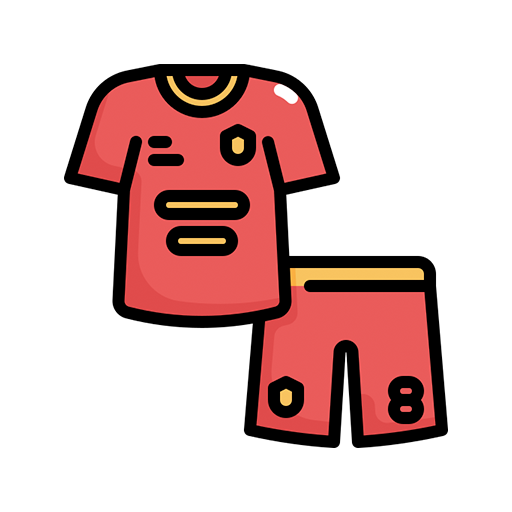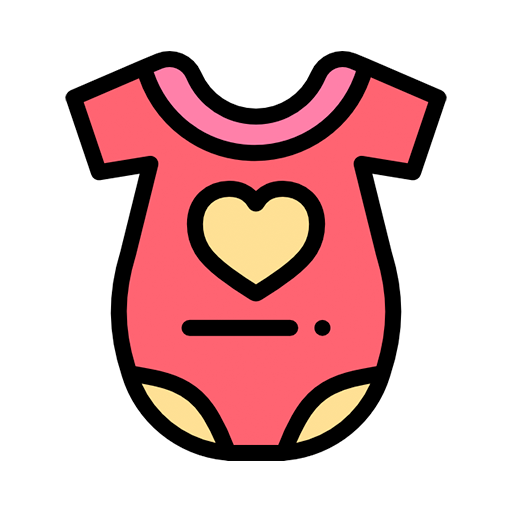
How Much Money Should I Prepare Before Having a Baby?
Share
Summary: Having a baby is a life-changing decision that requires careful planning, especially when it comes to finances. This article will discuss the financial aspects of preparing for a baby, including the salary needed to take care of a child, the cost of baby supplies, the first thing you should buy when you have a baby, how much you should spend on baby clothes, and how to have and raise children on a low budget. Through data-supported analysis, this article aims to provide practical advice to help soon-to-be parents prepare for their new bundle of joy.
Becoming a parent is an exciting and rewarding experience, but it can also be overwhelming, especially when it comes to finances. From diapers to daycare, the cost of raising a child can add up quickly. According to a report by the U.S. Department of Agriculture, the average cost of raising a child from birth to age 18 is around $233,610. This staggering figure is enough to make anyone think twice about having a baby. But don't worry, with proper planning and budgeting, you can prepare for your new arrival without breaking the bank.
How much salary do I need to take care of a child?
Taking care of a child can be expensive, and it's important to have a realistic idea of the salary you'll need to provide for your family. According to a study by Care.com, the average cost of childcare in the United States is around $9,589 per year. This means that if you plan to have both parents working full-time, you'll need to earn at least $60,000 per year to cover the cost of childcare alone. In addition to childcare, you'll also need to consider the cost of food, clothing, medical expenses, and other necessities. It's important to create a budget and stick to it to ensure that you're financially prepared for the responsibilities of parenthood.
How much should first-time parents spend on baby supplies?
It's easy to get carried away when shopping for baby supplies, but it's important to remember that babies don't need everything under the sun. According to a survey by Babylist, first-time parents spend an average of $5,398 on baby supplies in their baby's first year. While it's important to have the essentials, such as a car seat, crib, and diapers, you can save money by buying secondhand or borrowing from friends and family. It's also important to prioritize your purchases and avoid buying unnecessary items that your baby may outgrow quickly.
What is the first thing you buy when you have a baby?
The first thing you buy when you have a baby is likely to be a car seat. According to the American Academy of Pediatrics, a car seat is the most important baby gear purchase you'll make. Not only is it required by law, but it can also save your baby's life in the event of an accident. The cost of a car seat can vary greatly, with prices ranging from $50 to $500. It's important to choose a car seat that meets safety standards and fits your budget.
How much should I spend on baby clothes?
It's tempting to buy every cute outfit you see when shopping for baby clothes, but it's important to remember that babies grow quickly and may only wear an outfit a few times. According to a survey by BabyCenter, parents spend an average of $600 on baby clothes in their baby's first year. To save money, consider buying secondhand or borrowing from friends and family. You can also opt for gender-neutral clothing that can be worn by future siblings or passed down to other families.
How to have and raise children on a low budget?
Raising a child on a low budget is possible with proper planning and budgeting. To save money, consider buying secondhand furniture and baby supplies, breastfeeding instead of formula feeding, and making your own baby food. You can also save money by shopping at discount stores, using coupons, and taking advantage of free resources, such as library books and community programs. It's important to prioritize your expenses and avoid unnecessary purchases to ensure that you're living within your means.
Conclusion:
Preparing for a baby can be a daunting task, especially when it comes to finances. However, with proper planning and budgeting, you can prepare for your new arrival without breaking the bank. From considering the salary needed to take care of a child to prioritizing your purchases, there are many ways to save money and ensure that you're financially prepared for parenthood. By following the tips and advice in this article, you can set yourself up for success and enjoy the rewarding experience of becoming a parent.




